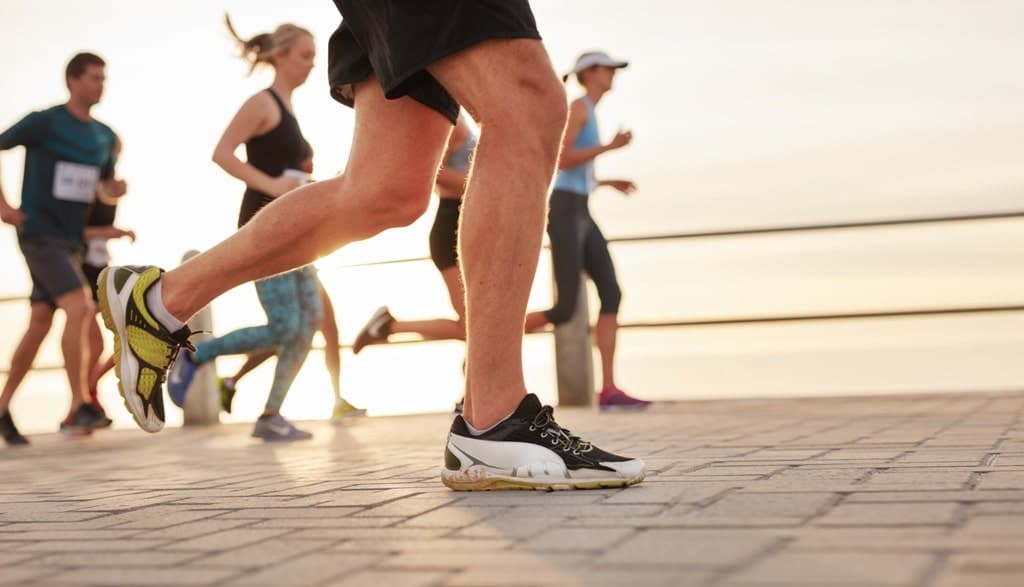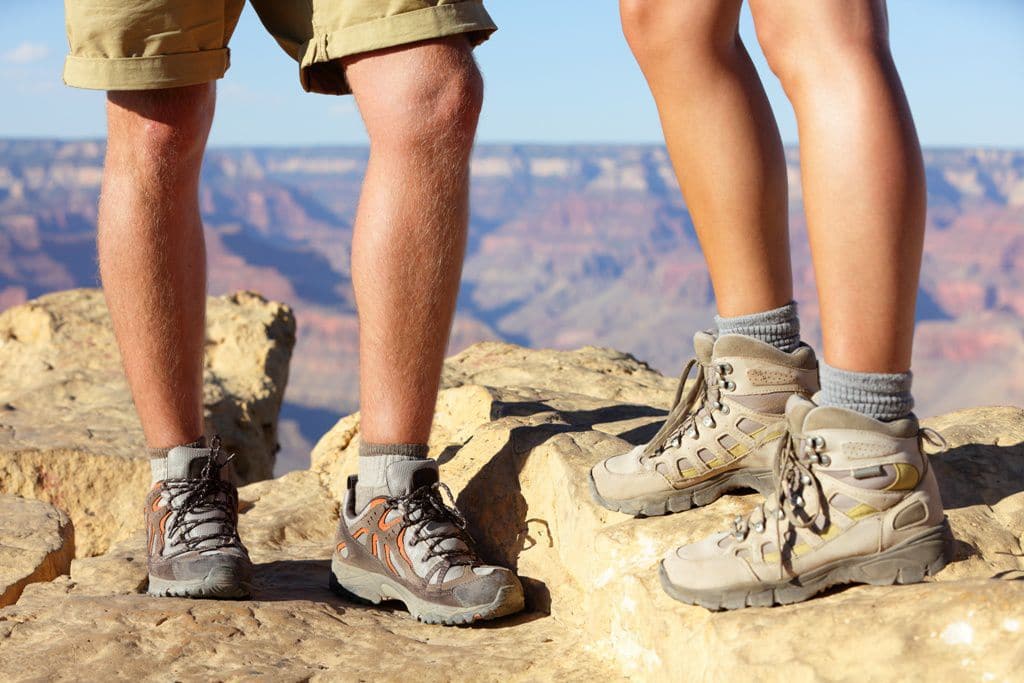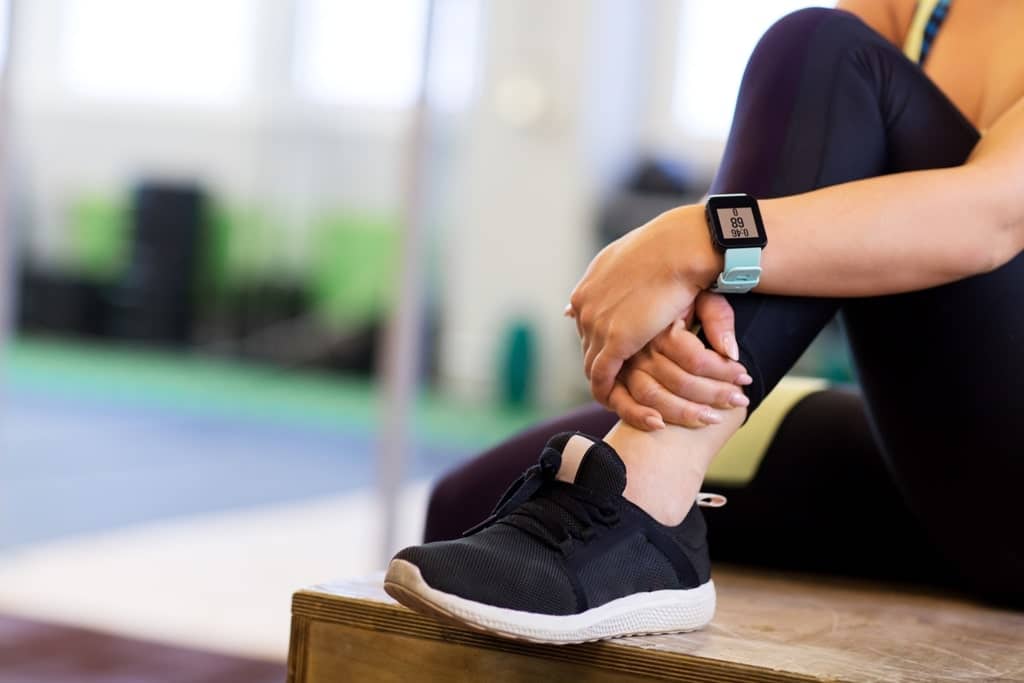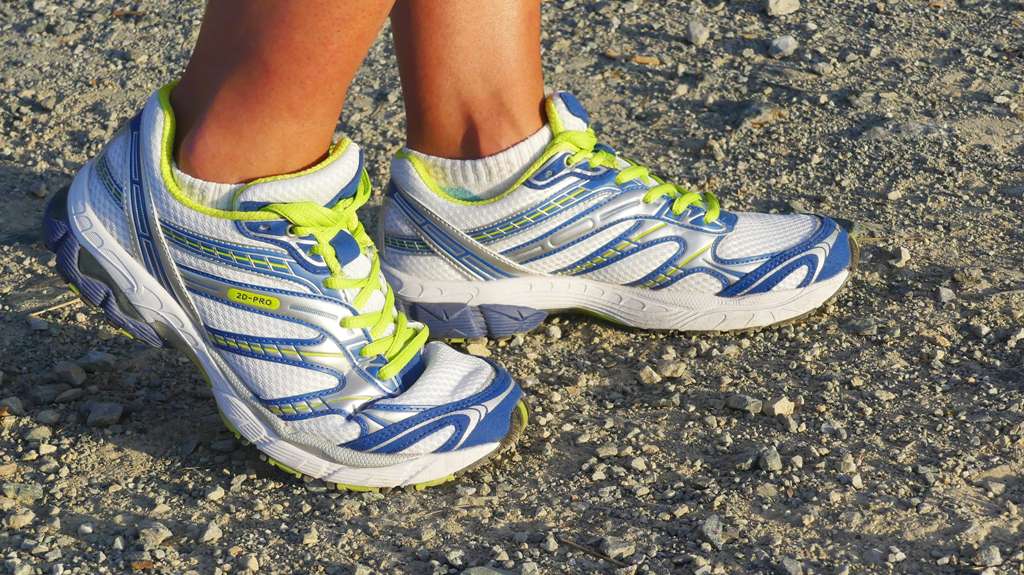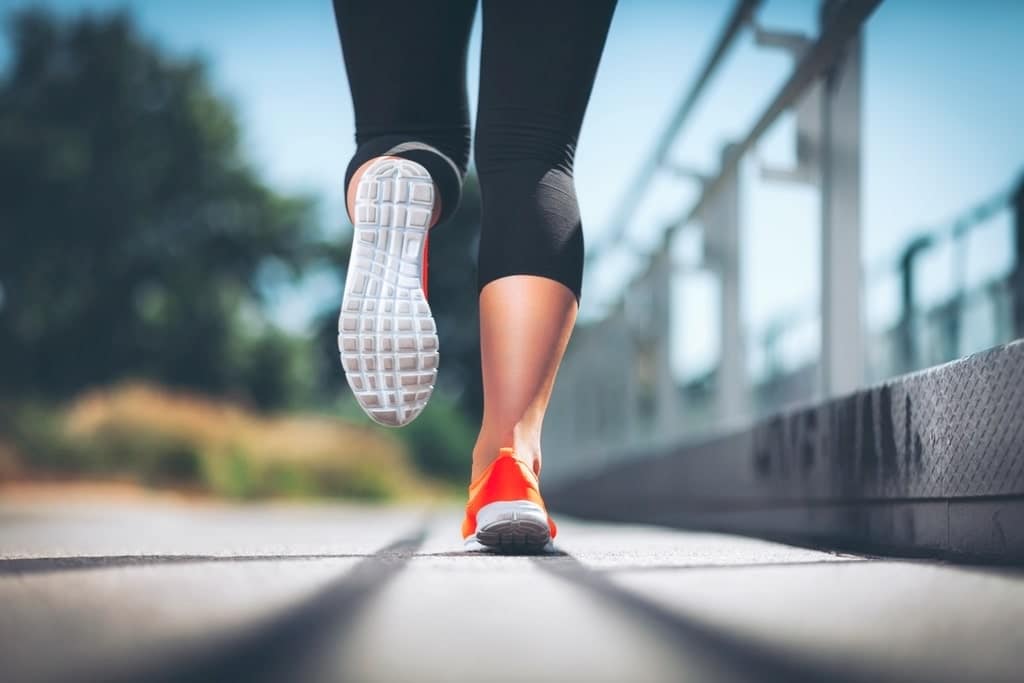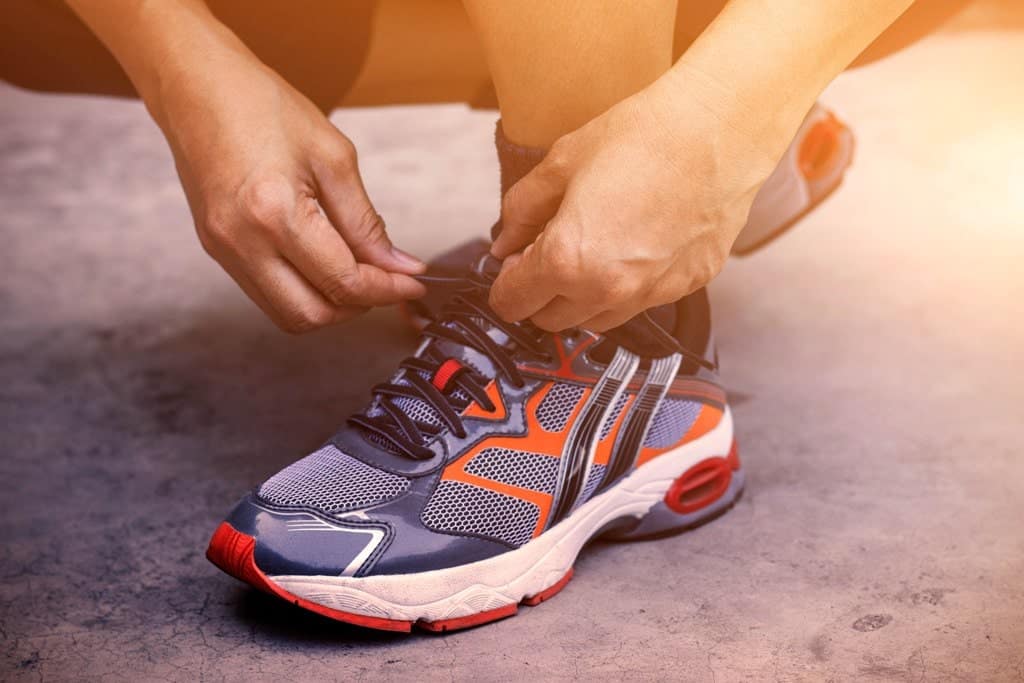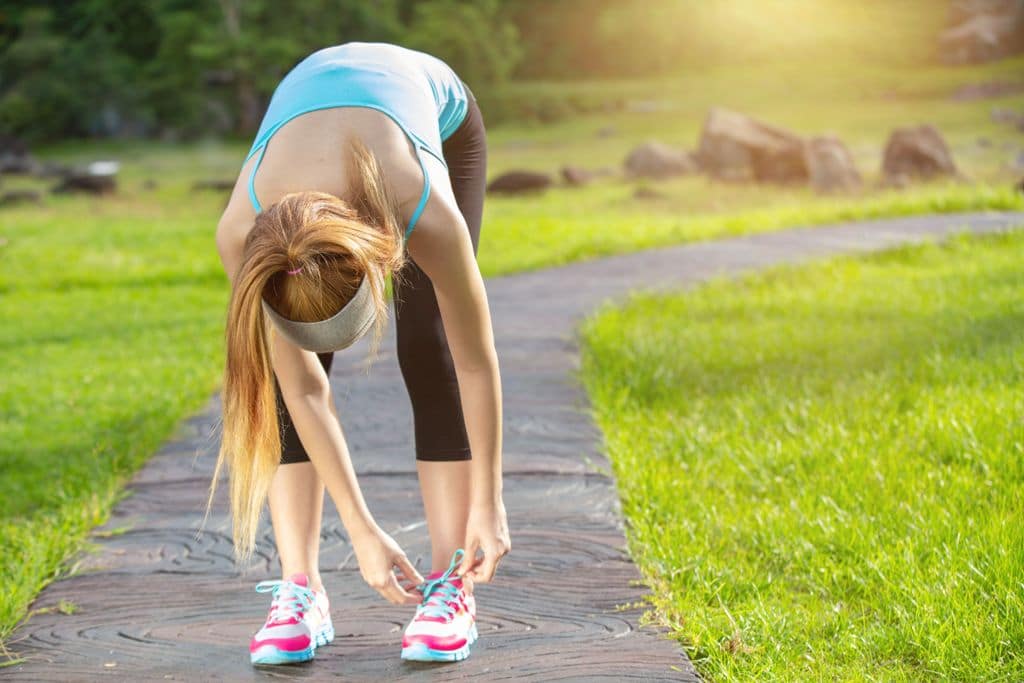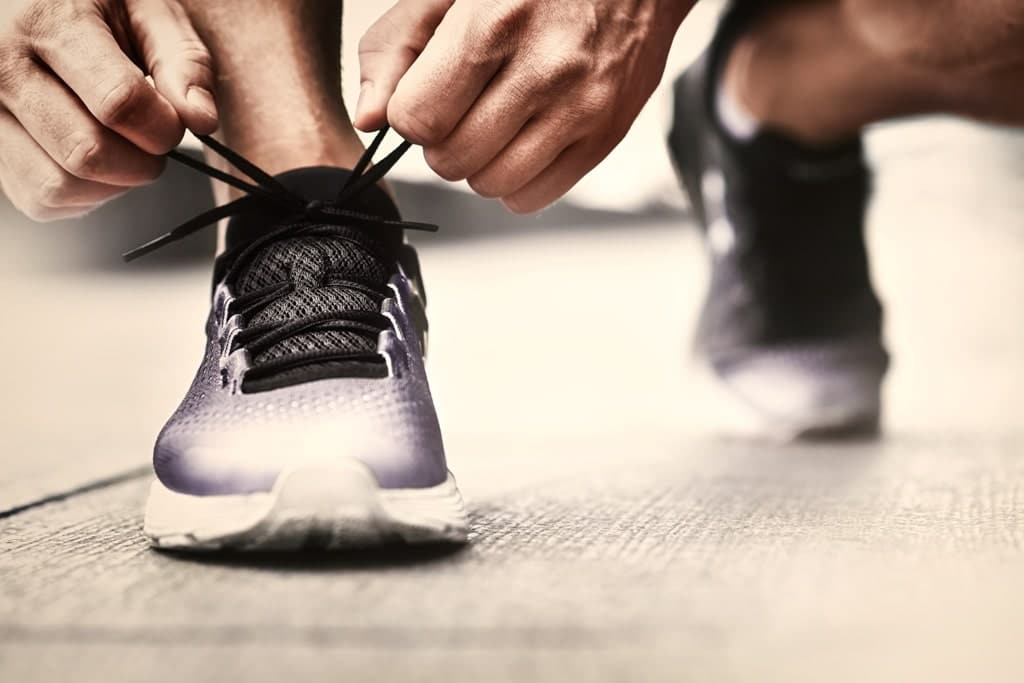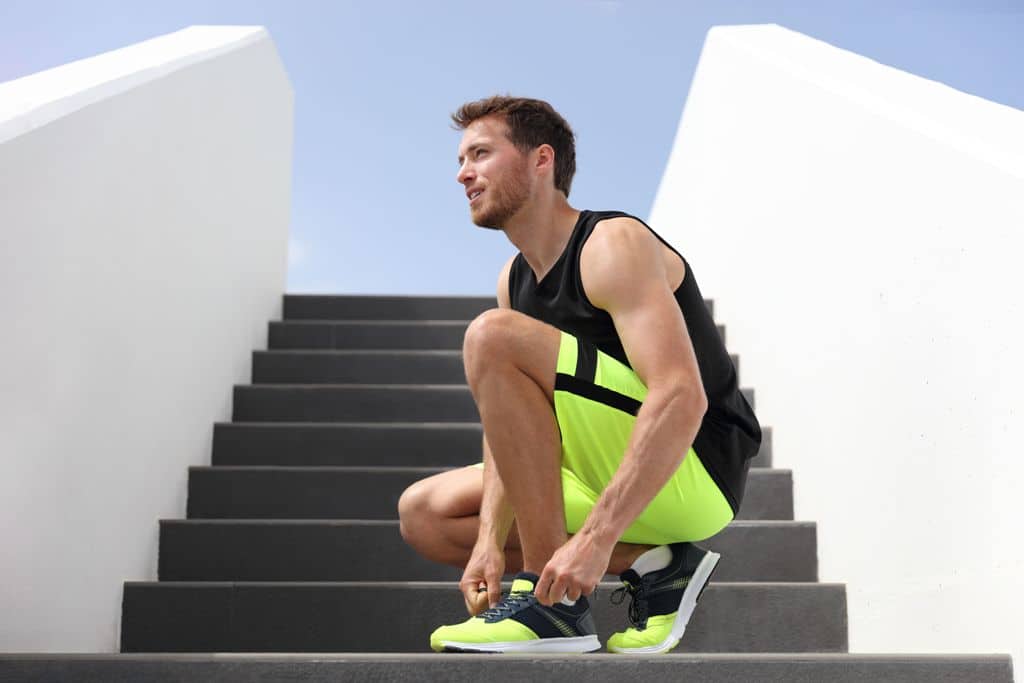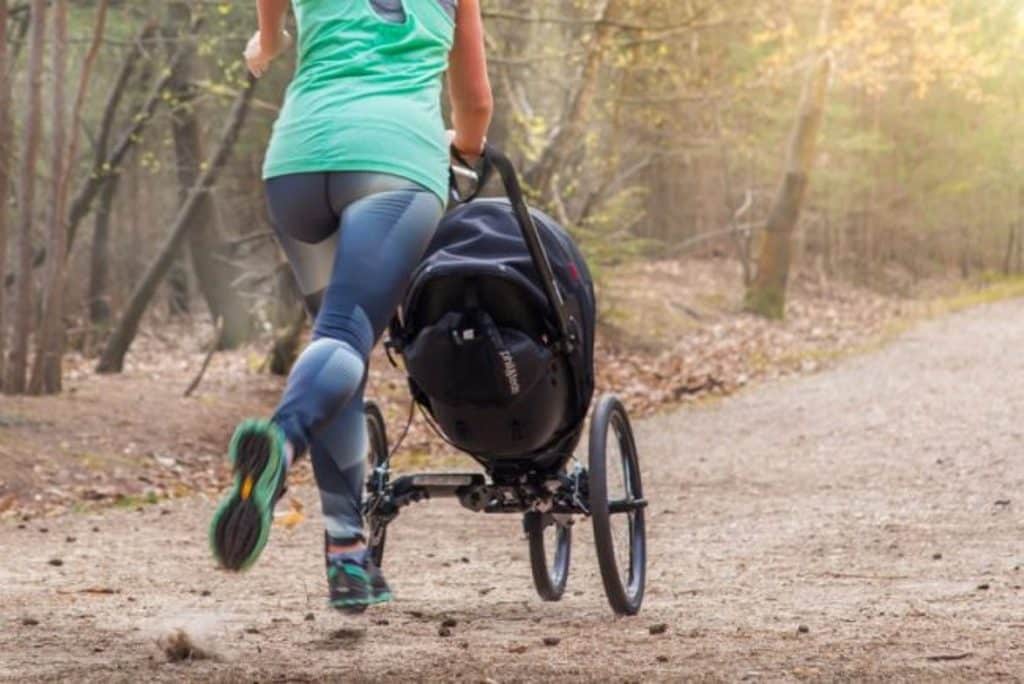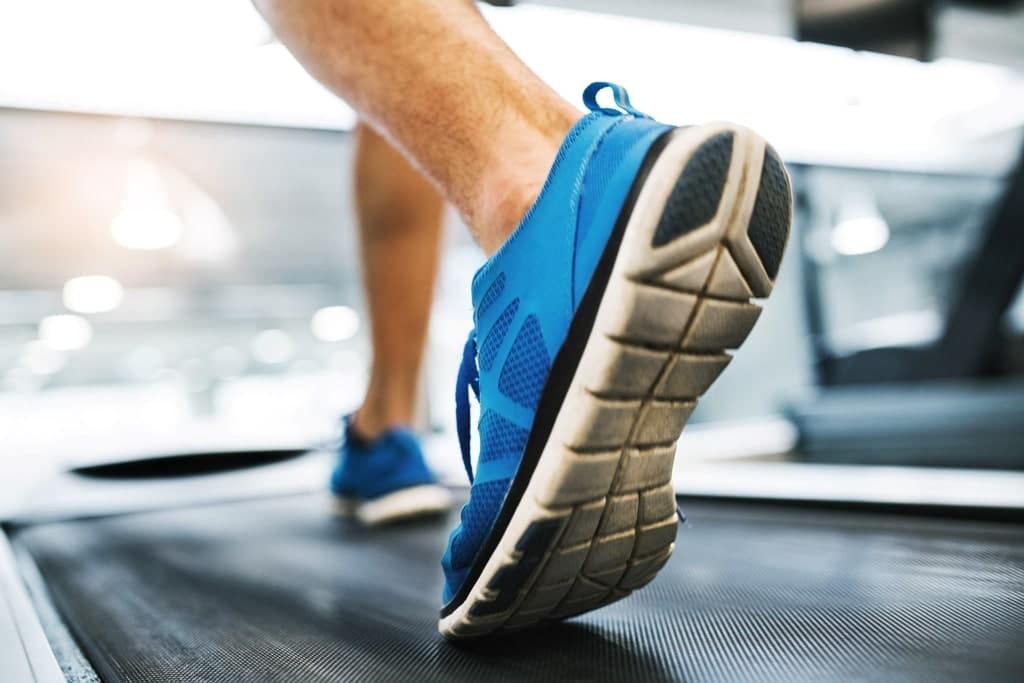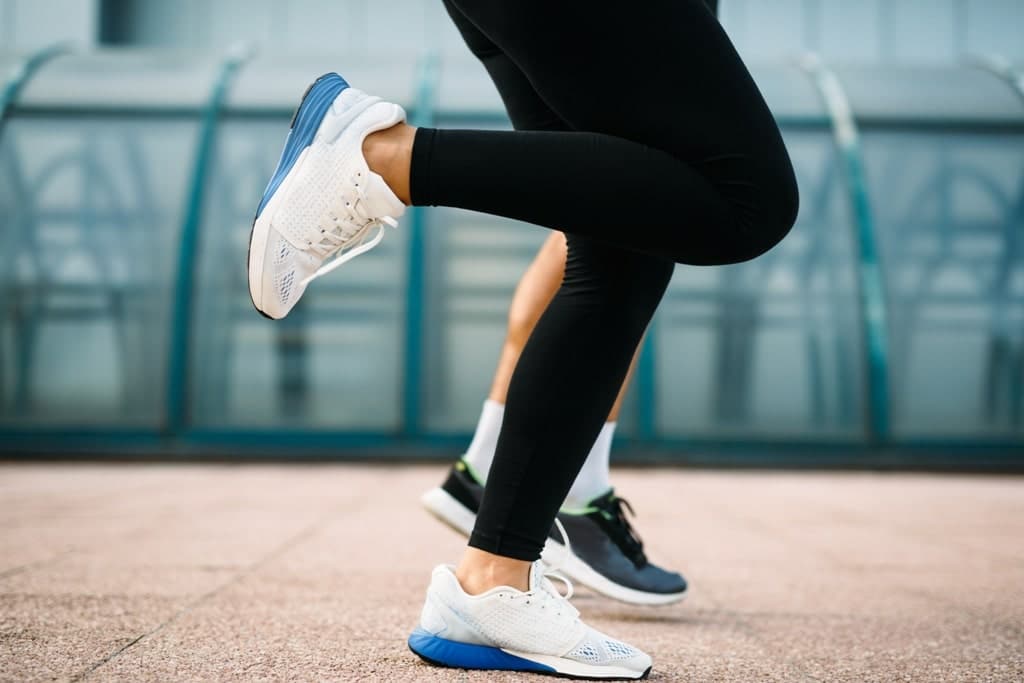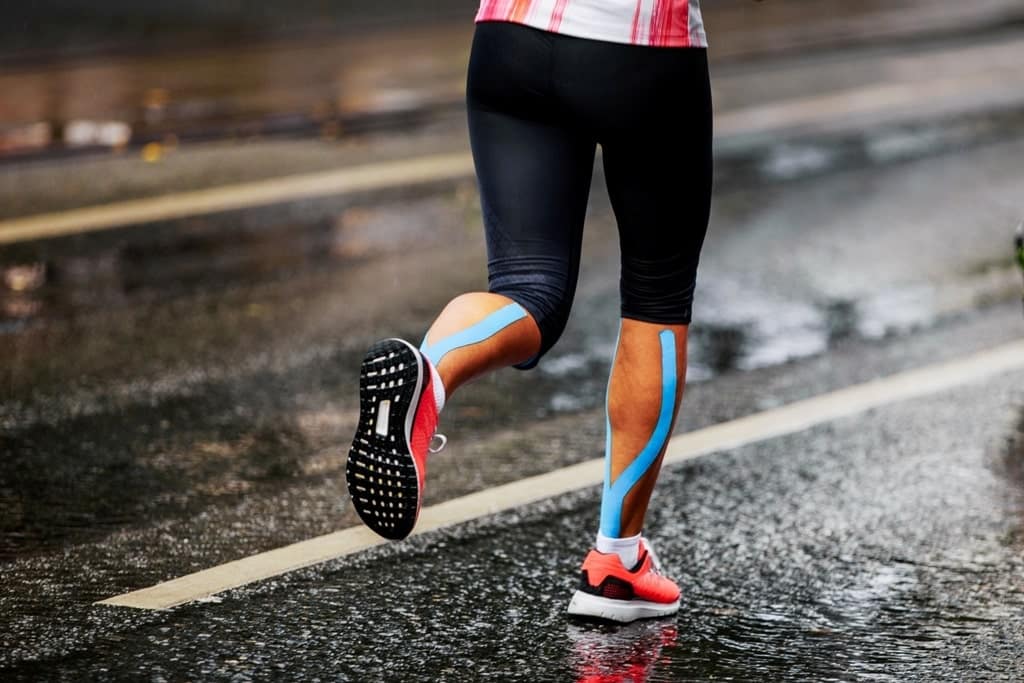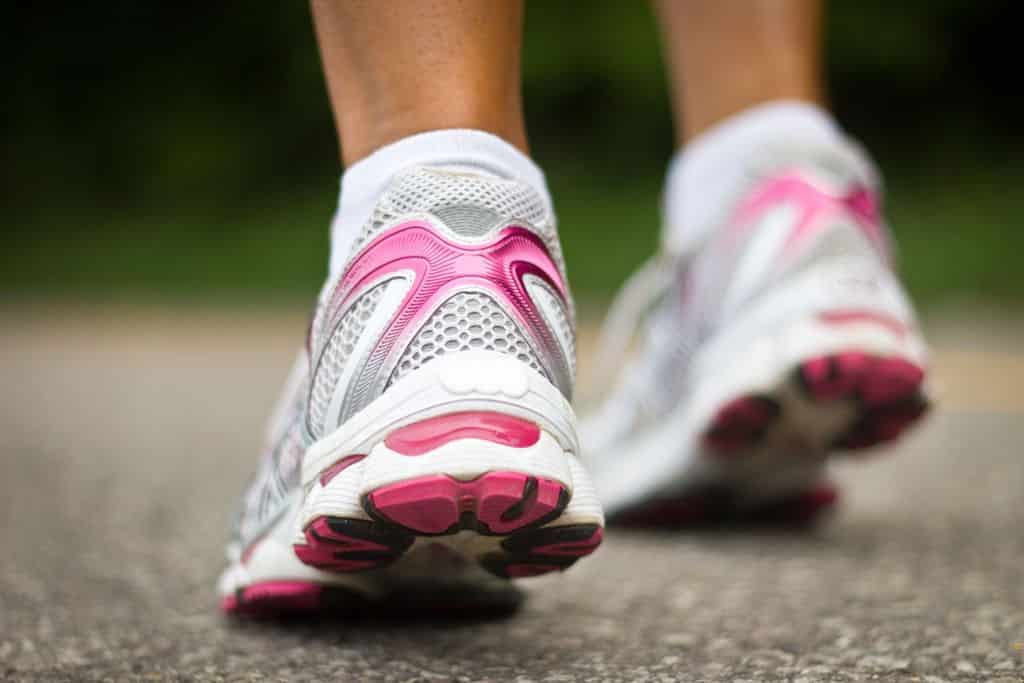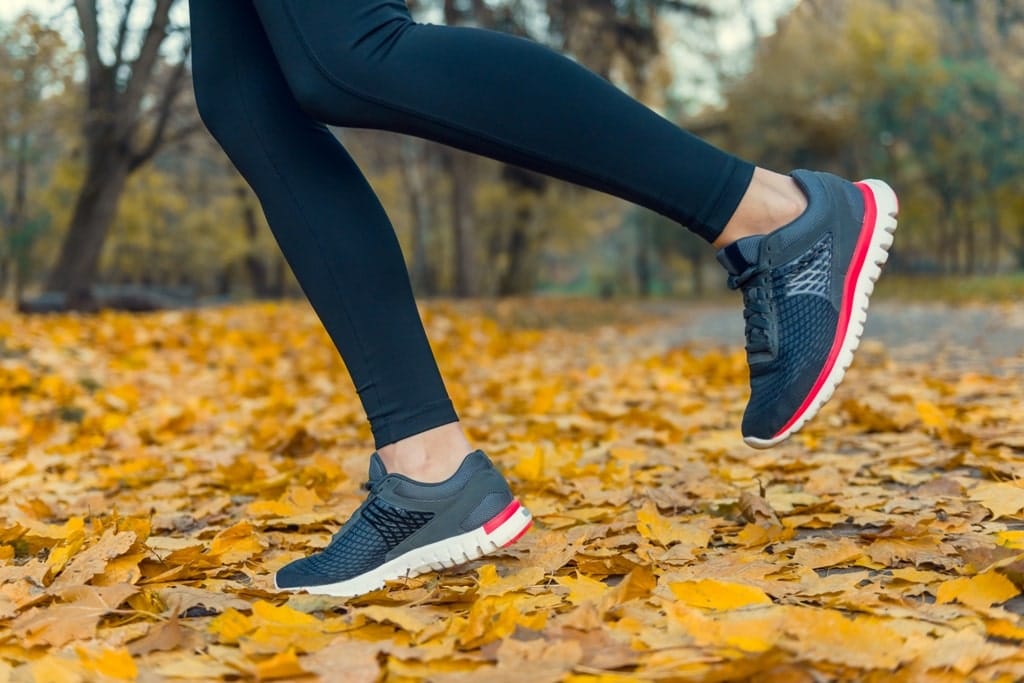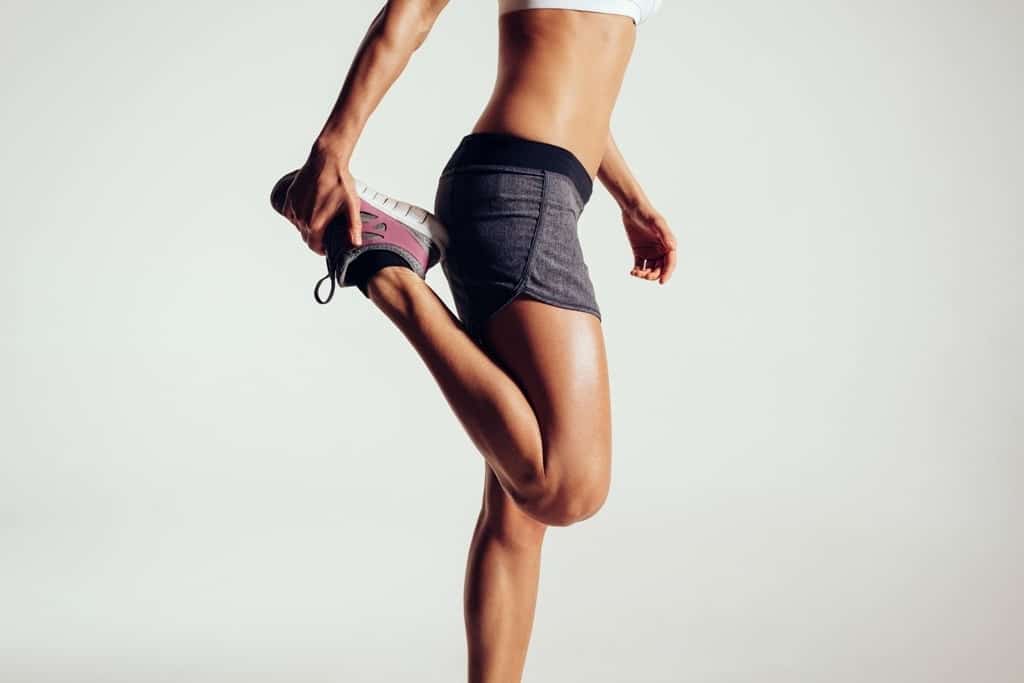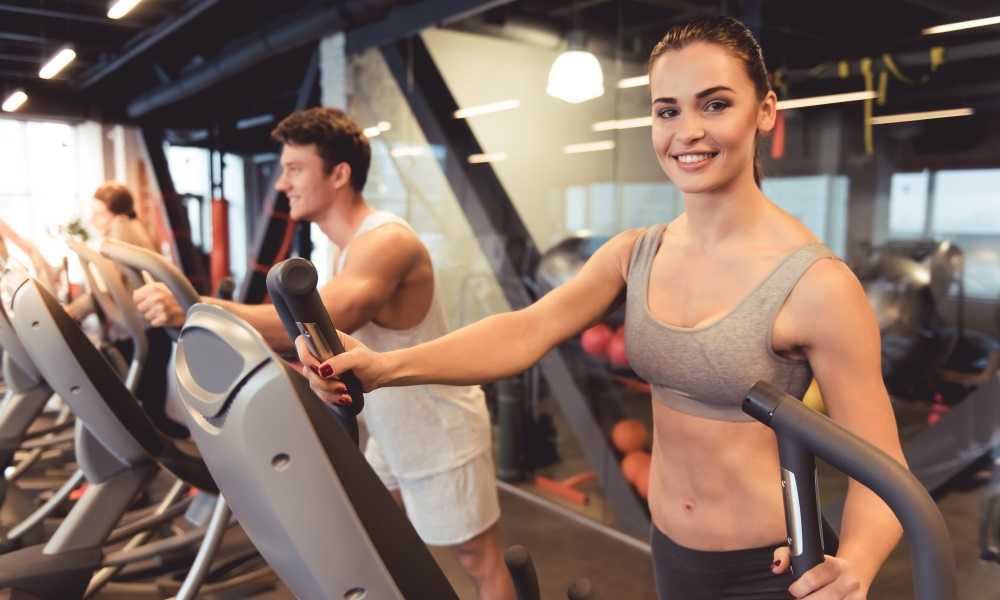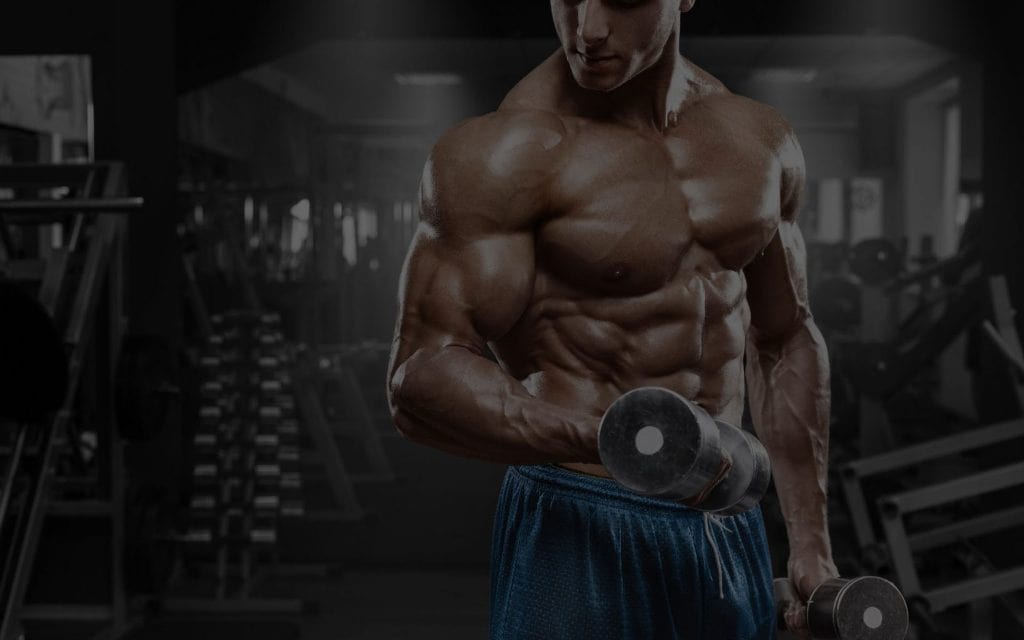6 Helpful Tips On How Often To Replace Running Shoes
Running shoes can be pricey but are a necessity for runners. Unfortunately, they will wear out and will eventually need to be replaced. But how do you know how often to replace running shoes? The best way to know if it’s time for a new pair of running shoes is to be mindful of how your current pair feels.
In this article will give you a few good tips on how often to replace running shoes and when to know its time to start looking for new pair of running shoes.
6 Helpful Tips On How Often To Replace Running Shoes

Here, we will give you some tips on determining the lifespan and how often to replace running shoes so you don’t waste money by buying too soon or too late.
1) You notice that they don’t offer as much cushioning as before
You notice that your shoes don’t have as much cushioning when you run. Since the primary purpose of a running shoe is to provide comfort and protection from injury, this can be a big indicator that it’s time for new ones. Your feet may also hurt more while wearing them – an indication that they’re too worn down on the inside.
This is most likely to happen around 300 – 500 miles. But it can vary depending on your weight, running style, and how often you run.
There are many great shoes with high mileage warranties or guarantees for runners who want to buy new ones before the old pair has worn down entirely. That way they don’t have to worry about going through a period.
2) Your feet feel numb after wearing them for a while
Do your feet feel numb after wearing them for a while? This may be a good sign that your current shoes have run their course and it may be time to replace them. When the padding in the shoe breaks down, it can cause compression of the nerves in your feet. This is often accompanied by pain and tingling sensations.
Again, this tends to happen from 300 to 500 miles of running distance and may again be affected by the same issues related to running style, weight, and frequency in running.
You can also look for shoes that are designed with features to minimize the breakdown of padding. Some even have gel inserts or air pockets in key locations inside the shoe – so you can run without feeling discomfort from their structure
3) You hear creaks when you walk in them
Do your shoes make creaky sounds when you walk? This can mean that the glue used to hold them together is deteriorating. Running shoes are typically held together by a combination of stitching and glue for extra durability.
When this happens, it may be time to replace your running shoes – as they’re no longer holding up well. Sometimes dirt or other particles can get into the crevices and cause this noise. But, in most cases, it’s a sign that the shoes are wearing down.
If you’re not sure if your shoes have gone past their lifespan or not. There are other things you can look for to determine whether they need to be replaced.
Taking a look at your treads will also help you determine if it’s time for you to get a new pair of running shoes. If you notice that they are starting to wear out, then you should start thinking of replace them.
Are the seams coming apart? This is typically a sign that the shoe has been used too much and needs to be replaced.
4) They smell bad
Do your shoes smell bad after you wear them? Then it’s likely time to replace them. Shoes are home to a lot of bacteria that can start causing the material they’re made out of to decompose when wet or dirty – giving off an unpleasant odor. This is especially apparent in runners who use their sneakers for both running and everyday activities.
If the smell is overwhelming, it’s a good idea to take them out for a run before washing or cleaning. This will help air out your shoes and get rid of bacteria without damaging any materials. Then you can use a mild detergent to clean them up afterward. It may also be helpful to let new running shoes sit outside overnight so they can air out before wearing them.
But, if this doesn’t work then you should definitely replace your running shoes. So you can avoid getting a foot fungus or other infections from bacteria that are living inside of them.
5) Your feet start to ache after running in them
Do your shoes give you blisters or make your feet hurt? It so, then it may be time for you to consider getting a new pair of running shoes. As mentioned before, this usually happens after some extended use leading to wearing down of the padding inside. But there are other factors that can change how quickly they break down.
You should also remember that running shoes for heavy runners tend to wear out more quickly compared to other runners. Because they have to absorb the extra force of each step you take while running. If you run in wet or hot conditions frequently, it can also speed up deterioration and make them less effective at protecting your feet from injury.
In any case if your shoes don’t provide enough support, you’ll start to feel pain in the rest of your body. This is because each step sends a shockwave up through your legs and back that can contribute to muscle soreness or even injury. If they’re not absorbed properly by the right running shoe.
6) Your shoes look too small
Do your running shoes feel a little tight? Then it’s probably time for new ones. Running can cause the padding inside to break down over time, which makes them compress and become smaller. This is especially true if you wear them during wet or hot conditions frequently – as these tend to speed up the deterioration of materials in shoes.
If you have your running shoes for an extended period of time without replacing them, then it may be time for you to consider replacing them as your shoes may have become too small for your feet. If this happens to be the case (ie your shoes have become smaller), then you may consider stretching them out or buying a new pair.
For most runners stretching can be effective as long as you do it slowly and carefully over time. It may take a few weeks or even a month to get the desired results. But, if this doesn’t work or your shoes are too far gone, then it’s time for new ones.
Conclusion:
Running shoes are the best way to stay comfortable on your feet, but they can be a bit of an investment. These are the signs that tell you when it’s time for new running shoes.
When you’re looking for new running shoes, the first thing to consider is your stride. A shoe with a shorter or more upright posture will wear out faster than one that’s low-cut and wide-based. But, this doesn’t mean all types of athletic footwear need replacing every few months.
10 Best Running Shoes For Men: Ultimate Buying Guide
11 Best Saucony Running Shoes For Men: Savings Buying Guide
10 Best Workout Shoes For Men You Can Buy on Amazon
Top 10 Best Mizuno Men’s Running Shoes: Ultimate Buying Guide
20 Best Running Shoes For Women: Ultimate Buyers Guide
9 Best Beats Workout Headphones & Earbuds: A Buying Guide
10 Best Nike Running Shoes For Men: Performance Tested
22 Best Garmin GPS Running Watches To Buy For Your Workouts
10 Best Running Shoes ASICS For Men: A Runner’s Buyer Guide
20 Best ASICS Running Shoes For Women: Ultimate Buying Guide
Top 10 Best Wired Headphones For Running & Workout Exercises
20 Best Fitness Trackers For Elliptical And Cardio Workouts
10 Best Running Shoes For Men: Ultimate Buying Guide
11 Best Saucony Running Shoes For Men: Savings Buying Guide
10 Best Workout Shoes For Men You Can Buy on Amazon
Top 10 Best Mizuno Men’s Running Shoes: Ultimate Buying Guide
7 Tips To Know For Buying Running Shoes For Shin Splints
7 Expert Tips For Buying Running Shoes For Bunions
Running Shoes For Supination: Everything You Need To Know
10 Best Tips For Buying Running Shoes For Flat Feet
Buying Running Shoes For Heavy Runners: What You Should Know
7 Tips For Choosing The Best Jogging Stroller For Runners with Infants
10 Tips For Finding The Best Dog Leash For Running & Exercise
9 Helpful Tips To Pick The Best Running Shoes For Underpronation
10 Unusual Benefits Of Jogging For Exercise You Should Know
Buying Running Shoes For Plantar Fasciitis? Read These Tips
Picking The Best Running Shoes: Tips For Runners & Joggers


